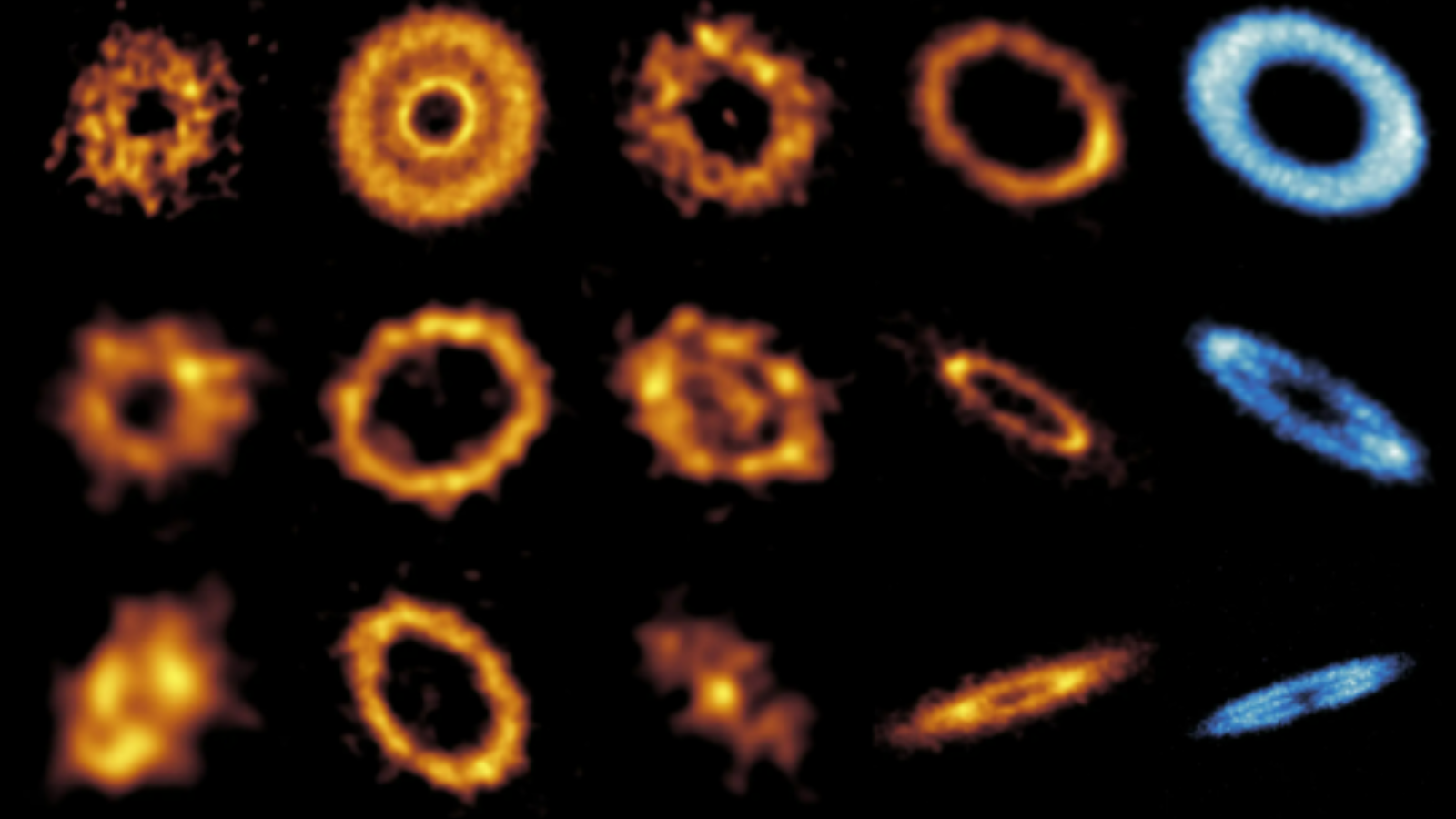No long weekend this Fourth of July holiday for American astronauts in space
It's a weekend of spaceship departure preparations for NASA astronauts.

While many Americans will celebrate the Fourth of July with a day off from work, astronauts at the International Space Station are spending their holiday preparing for a cargo ship's return to Earth.
As federal employees, U.S. astronauts typically have Sundays off. Because July 4 falls on a Sunday this year, the federal holiday is officially observed on Monday (July 5) instead. But with a SpaceX Dragon cargo freighter scheduled to depart the space station Tuesday (July 6), there's not much time to lounge around.
Instead, the crew "will be working on Monday, primarily to finish up experiments and get ready for Dragon's departure," NASA spokesman Dan Huot told Space.com in an email. "As usual, if the crew does miss out on an off-day/holiday the teams will work to find a day-off for them down the road."
Related: Holidays in space: an astronaut photo album
The astronauts are of course barred from lighting any fireworks inside the orbiting laboratory, but they can still spend their Sunday relaxing with their families via video chat.
Of the seven crewmembers currently living and working on board the International Space Station, three are NASA astronauts: Shane Kimbrough, Meghan McArthur and Mark Vande Hei. Also on board are two Russian cosmonauts, Oleg Novitskiy and Pyotr Dubrov, European Space Agency (ESA) astronaut Thomas Pesquet and Japan Aerospace Exploration Agency (JAXA) astronaut Akihiko Hoshide.
The three U.S. crewmembers, along with Pesquet and Hoshide, have spent several days preparing the Dragon cargo spacecraft for its return to Earth. On Monday they will finish loading critical research samples inside the Dragon. Those various research samples will be analyzed by scientists on Earth after the Dragon splashes down.
Breaking space news, the latest updates on rocket launches, skywatching events and more!
SpaceX's cargo ship is scheduled to undock from the station at 11:05 a.m. EDT (1505 GMT) Tuesday, and it will splash down in the Atlantic Ocean off the coast of Florida about two days later, according to NASA.
The cargo ship arrived at the station June 5 to deliver supplies and science experiments for the Expedition 65 crew, including new solar arrays that astronauts have been working to install with a series of spacewalks.
Follow us on Twitter @Spacedotcom or Facebook.

Hanneke Weitering is a multimedia journalist in the Pacific Northwest reporting on the future of aviation at FutureFlight.aero and Aviation International News and was previously the Editor for Spaceflight and Astronomy news here at Space.com. As an editor with over 10 years of experience in science journalism she has previously written for Scholastic Classroom Magazines, MedPage Today and The Joint Institute for Computational Sciences at Oak Ridge National Laboratory. After studying physics at the University of Tennessee in her hometown of Knoxville, she earned her graduate degree in Science, Health and Environmental Reporting (SHERP) from New York University. Hanneke joined the Space.com team in 2016 as a staff writer and producer, covering topics including spaceflight and astronomy. She currently lives in Seattle, home of the Space Needle, with her cat and two snakes. In her spare time, Hanneke enjoys exploring the Rocky Mountains, basking in nature and looking for dark skies to gaze at the cosmos.
